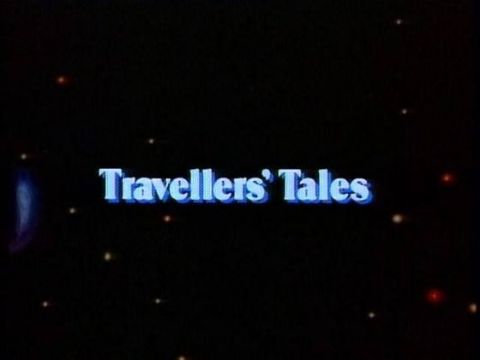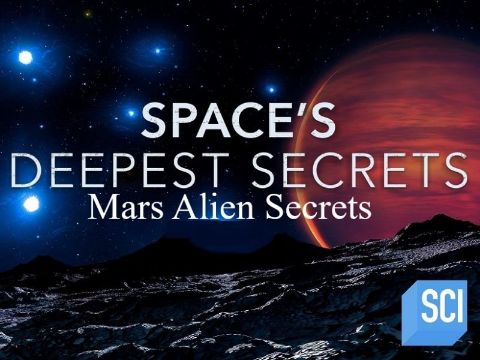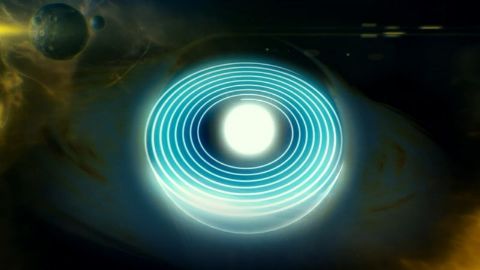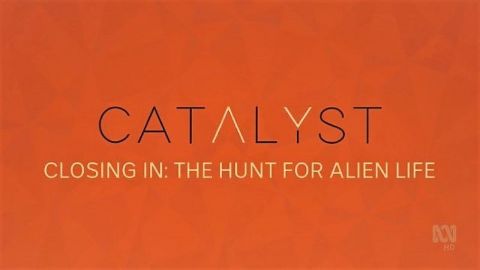You might also like
Our galaxy is full of stars ready to explode into supernovas, a stellar detonation powerful enough to destroy all life on Earth; it's an event that hasn't occurred in 400 years, and the search is on to locate which star may be next.
S9E7 • How the Universe Works • 2021 • Astronomy
Volcanoes have long helped shape the Earth. But what is less well known is that there are volcanoes on other planets and moons that are even more extraordinary than those on our own home planet. Horizon follows an international team of volcanologists in Iceland as they draw fascinating parallels between the volcanoes on Earth and those elsewhere in the solar system. Through the team's research, we discover that the largest volcano in the solar system - Olympus Mons on Mars - has been formed in a similar way to those of Iceland, how a small moon of Jupiter - Io - has the most violent eruptions anywhere, and that a moon of Saturn called Enceladus erupts icy geysers from a hidden ocean. Computer graphics combined with original NASA material reveal the spectacular sights of these amazing volcanoes. Along the way, we learn that volcanoes are not just a destructive force, but have been essential to the formation of atmospheres and even life. And through these volcanoes of the solar system, scientists have discovered far more about our own planet, Earth - what it was like when Earth first formed, and even what will happen to our planet in the future.
The journeys of the Voyager probes is put in the context of the Netherlands in the seventeenth century, with a centuries-long tradition of sailing ship explorers, and its contemporary thinkers (such as Constantijn Huygens and his son Christian). Their discoveries are compared to the Voyager probes' discoveries among the Jovian and Saturn systems. In Cosmos Update, image processing reconstructs Voyager’s worlds and Voyager’s last portrait of the Solar System as it leaves is shown.
6/13 • Cosmos: A Personal Voyage • 1980 • Astronomy
The latest NASA missions to Mars might finally reveal if it is home to alien life, and using these brand-new discoveries, experts are rethinking everything they know about the Red Planet.
Space's Deepest Secrets • 2019 • Astronomy
Einstein predicted strange cosmic phenomena known as white holes, but scientists have yet to prove they exist; as experts investigate the tiny black holes that hide in the most ancient parts of the universe, they might finally find the smoking gun.
S8E3 • Space's Deepest Secrets • 2021 • Astronomy
Right now researchers are hunting for extra-terrestrial life on several fronts. To find out just how close we might be to a breakthrough, astrophysicist Dr Graham Phillips visits telescopes, swims among the stromatolites on the remote West Australian coastline, and chats with scientists from around the world
S1E3 • Catalyst: Series 18 • 2017 • Astronomy





